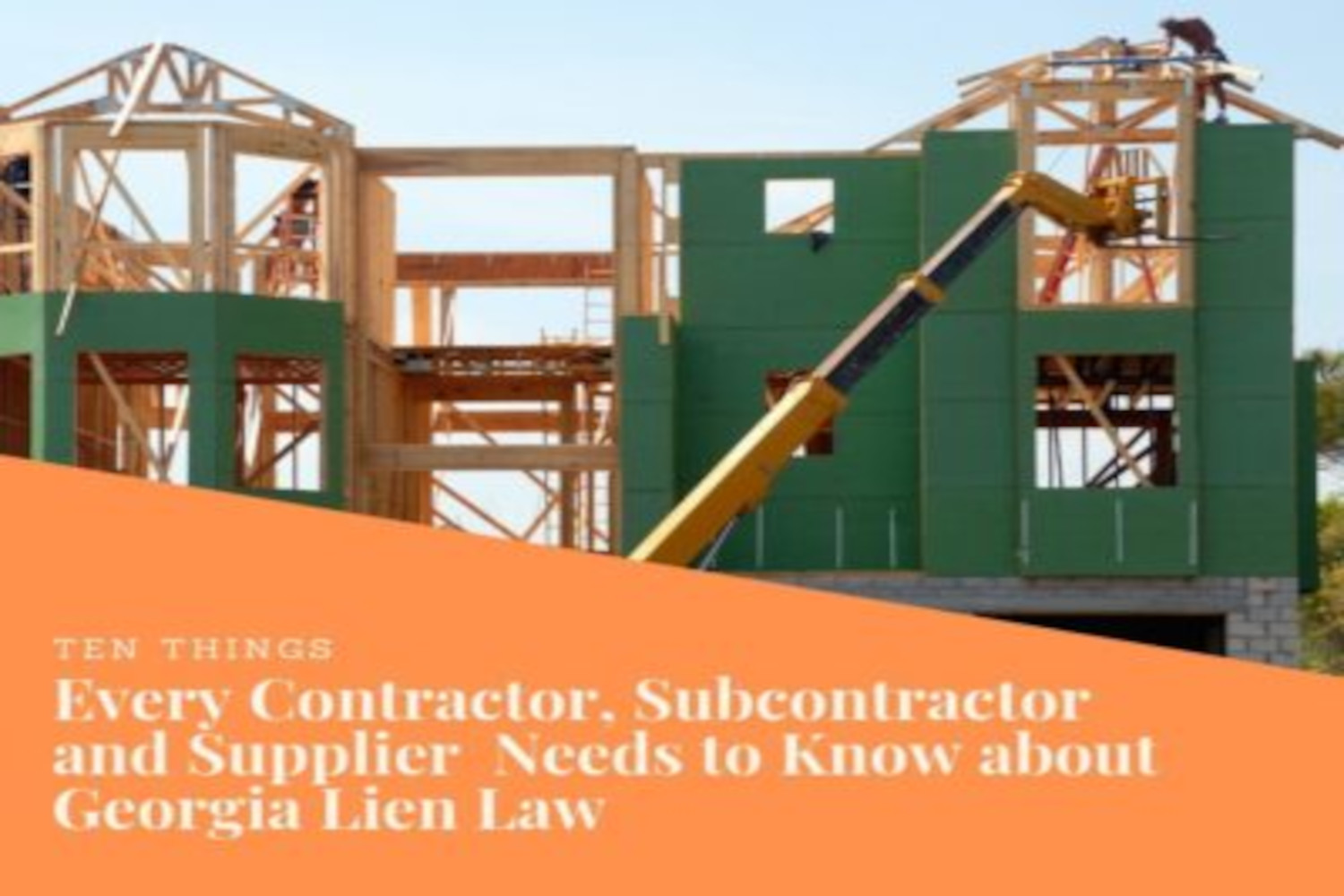Stop me if you have heard this one: An attorney receives a call from a desperate potential new client. Somehow the business transaction this international client was dealing with has hit an unexpected bump in the road, and because the client is dealing with an international business set here in the U.S., the situation now requires the fine eye of an experienced business litigation attorney. The company the new client claims he works for and the debtor checks out so the attorney draws up representation papers and accepts the new client. Within no time at all the client calls and informs his lawyer a settlement to be paid to the lawyer’s trust account within days. Time is of the essence, and the client convinces the lawyer it needs the money wired as soon as the lawyer receives the money order or cashier’s check.
Blogs & Resources
Jimerson Birr, P.A. offers clients a customer-focused and cost-effective alternative to larger business law firms.


